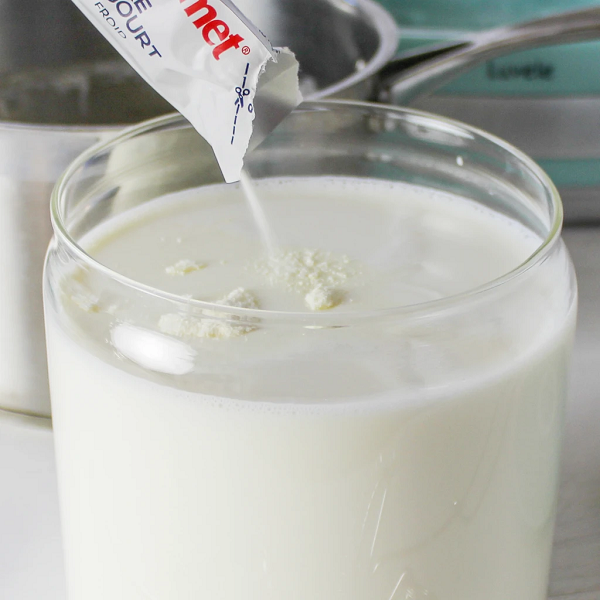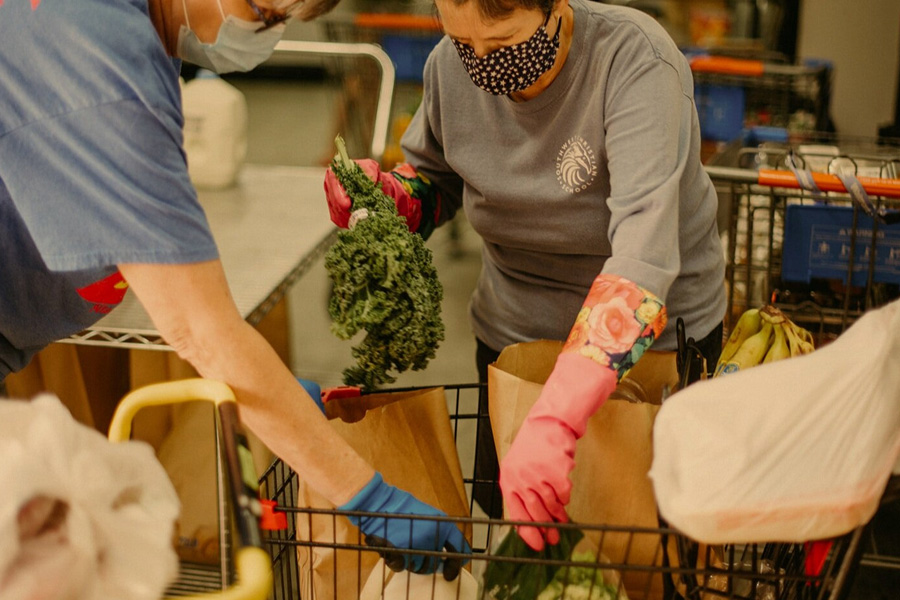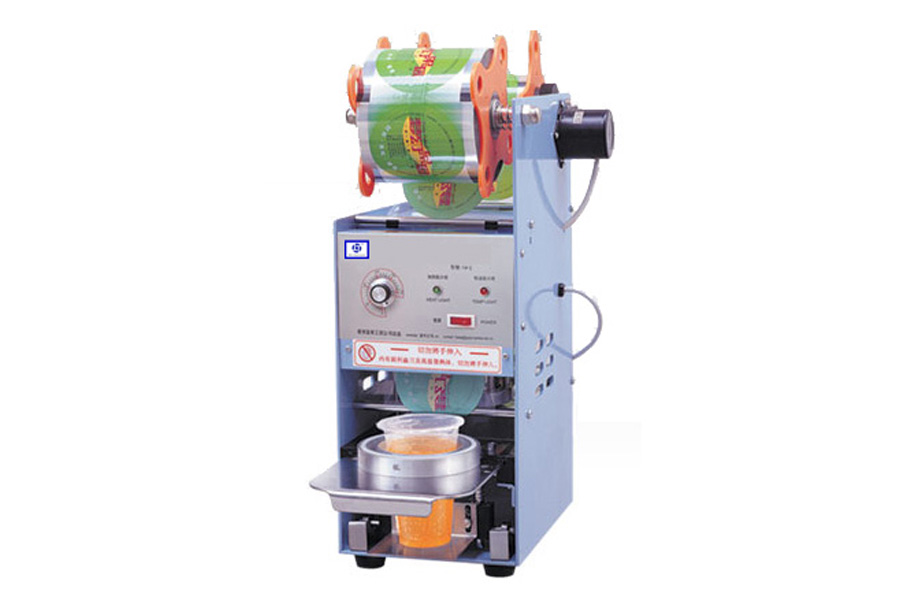Everything You Want To Know About Fermentation (And a Recipe)
Fermentation is one of the oldest preservation techniques in the world. Fermented vegetables were taken to sea. Fermenting cabbage retained the vitamin C and as a result, the crew did not get scurvy. But what is fermentation anyway? And is fermentation healthy for you?
Fermentation?
The word “ferment” comes from the Latin verb “fervere,” which means “to boil.” Ok solved, you know how to cook a potato, right? Not quite! Fermentation is “the controlled spoiling of food” (doesn’t sound healthy, but it is). Vegetables, fruits and dairy can be fermented, but so can fish and meat. Fermentation uses bacteria, fungi or yeasts (microorganisms) to transform food. For example, white cabbage becomes sauerkraut through fermentation. To some products these microorganisms, are added to start the process of fermentation, such as these starter cultures for making yoghurt. In other products, fermentation also occurs naturally when due to a warm and humid environment where bacteria, yeasts or fungi grow automatically. As these microorganisms grow, enzymes and vitamins are produced and substances in the food are converted. Sugars, for example, can be broken down by fermenting a product.
Fermenting helps for improving taste, texture, and digestibility of vegetables and increases the shelf life of vegetables. Fermentation makes vegetables, as well as other foods, more digestible. For example, the milk sugar lactose is broken down by fermentation. Even better: it increases vitamins and bioactive compounds in vegetables and it contains probiotics which are the good and healthy gut bacteria.
5 minute DIY recipe: 4 carrots, a thumb of grated ginger, 1.5 tbsp salt, 750 ml water and a jar
Cut the carrots to a length that will come up to 3/4th of the jar. Then cut them lengthwise into 4 strips. Dissolve the salt in the water, add the ginger and completely submerge the carrots. Leave a few inches below the rim for fermentation because during fermentation carbon dioxide gases are created and it expands. Close the jar and let it stand for about 3 days to ferment, opening it every day to let the pressure escape. After 3 days, taste if it is to your liking, and if so put it in the refrigerator to slow down the fermentation process. You can also leave the carrots for even longer, up to several weeks. The carrots will become more acidic that way.





Post Comment
You must be logged in to post a comment.